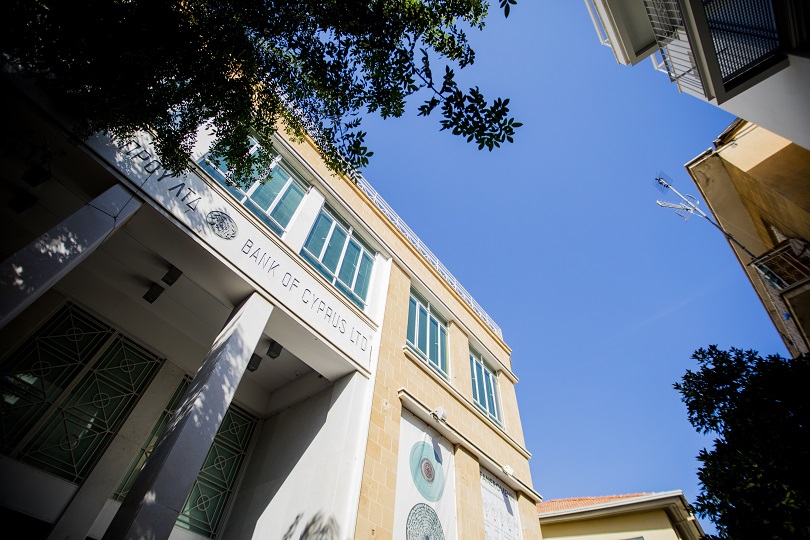The latest episode from the Bank of Cyprus Culture Foundation’s (BoCCF’s) “Mila Mou Istorika” (“Speak To Me Historically”) podcast series will feature Dr Gregoria Ioannou, bioarchaeologist, speaking on: “Bioarchaeology as a tool for reconstructing life and health in ancient Cyprus: the case of New Paphos”, and will be released on Friday, June 7, 2024.
Bioarchaeology examines human skeletal remains from archaeological sites with the aim of extracting information related to the lives of people who lived in antiquity. Through the application of analytical and interdisciplinary approaches, it expands our knowledge of past people and their experiences.
Thus, Bioarchaeology can provide valuable information on demography, health and nutrition, diseases, population movements and information related to the daily activities of a population. This information, in conjunction with ancient sources, historical and archaeological context, can contribute to a fuller understanding of the way of life of an ancient society, for example their social structure and practices and socio-political conditions.
The first studies of human remains from ancient Cyprus start already in the late 19th and early 20th century focusing on anatomy and measurements, estimation of stature, sex and age, producing descriptive reports without any contribution to archaeological questions. The essential shift towards an interdisciplinary approach occurred in the 1980s, with researchers approaching archaeological questions through the application of analytical methods. Bioarchaeology in Cyprus flourished during this period, following a more analytical path to date which expands in depth various aspects of the lives of its people.
New Paphos was founded at the end of the fourth century and immediately experienced a great development which escalated from the second century BC when, being now part of the Ptolemaic kingdom, it was declared the capital of Cyprus, retaining the title until the end of the fourth century AD. The bioarchaeological research examined aspects related to health, nutrition and living conditions in Nea Paphos, as well as differences in living conditions between populations of the city, such as differences in health and nutrition based on biological sex and burial site.
About Dr Gregoria Ioannou
Dr Ioannou is a graduate of the Department of History and Archaeology with a major in Archaeology, from the University of Cyprus. She also holds a Master’s degree in Human Osteology and Funerary Archaeology from the University of Sheffield, UK. In 2024, she received her PhD in Science and Technology in Cultural Heritage, focusing on Bioarchaeology, from the Cyprus Institute. Her dissertation aimed at the interdisciplinary study of human osteological collections of New Paphos, entitled “Health and Disease of Hellenistic and Roman Populations in Paphos District, Cyprus: a bioarchaeological and comparative study”.
She has participated in archaeological excavations of internationally-recognised universities and in excavations of the Department of Antiquities, mainly in the Paphos District. She is a collaborator in various scientific projects and as a bioarchaeologist with the Department of Antiquities and with foreign archaeological missions. She has been employed by the Department of Antiquities in projects such as the research project “Face-to-face: meet an Ancient Cypriot (FF:MAC)” and “Digitising the Museums of Cyprus”. Her research interests focus on the palaeo-pathology, diet and living conditions and interaction with the environment of ancient Cypriot populations.
The “Mila Mou Istorika” (“Talk to me Historically”) podcast is a scientifically-grounded and, at the same time, listener-friendly, series of talks by renowned scholars, focusing on various Cypriot issues related to the BoCCF’s museums, collections, exhibitions and actions, but also more broadly on all periods of Cypriot history, archaeology, art history and literature.
The episodes are regularly disseminated on the Foundation’s Facebook page (@boccf) and website (www.boccf.org) as well as via Buzzsprout, Spotify and Google Podcasts.
- Bank of Cyprus Cultural Foundation.
- 86-90 Faneromenis, 1011 Nicosia, Nicosia
- For information: 22 128157
- www.boccf.org






Click here to change your cookie preferences